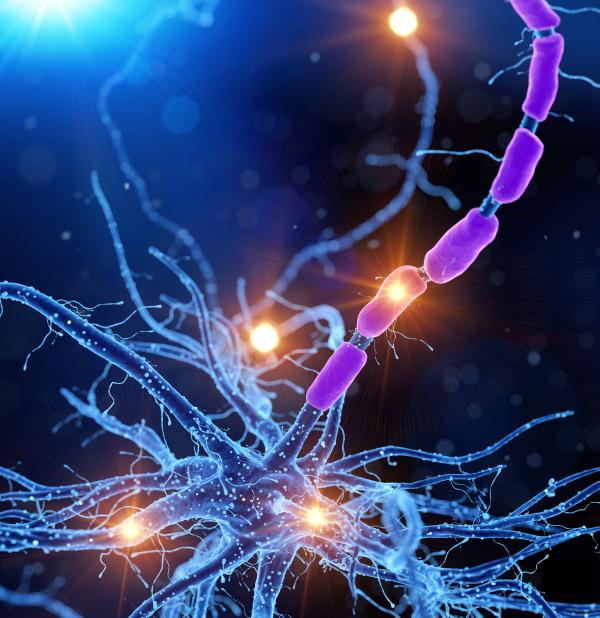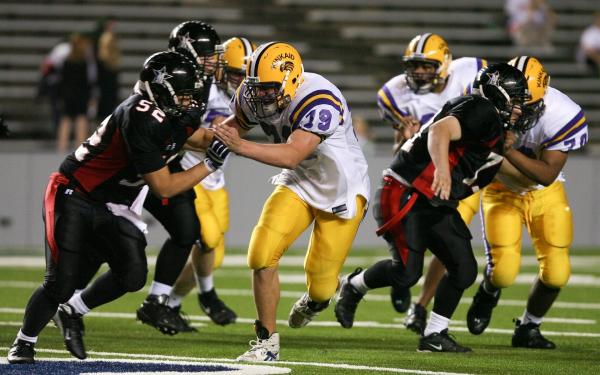Tracking the Neuronal Response to Head Injury
New IRP Study Identifies Vulnerable and Resilient Brain Cells
Even with our thick skulls to protect our fragile brains, a hard enough blow to the head will still send our neurons into a tizzy. However, not all neurons are affected in the same way by a ‘traumatic brain injury,’ or TBI for short. By developing a way to see which neurons turn on a distress signal after a mild TBI, IRP researchers recently identified differences between neurons that die afterwards and those that are shaken up by the injury but manage to recover over time.





